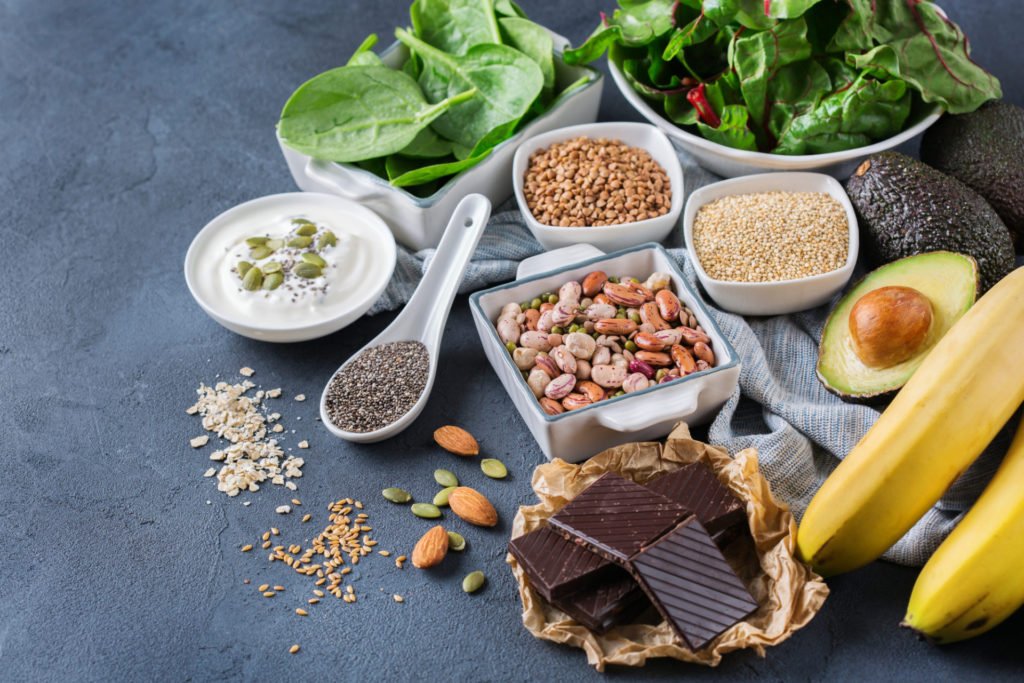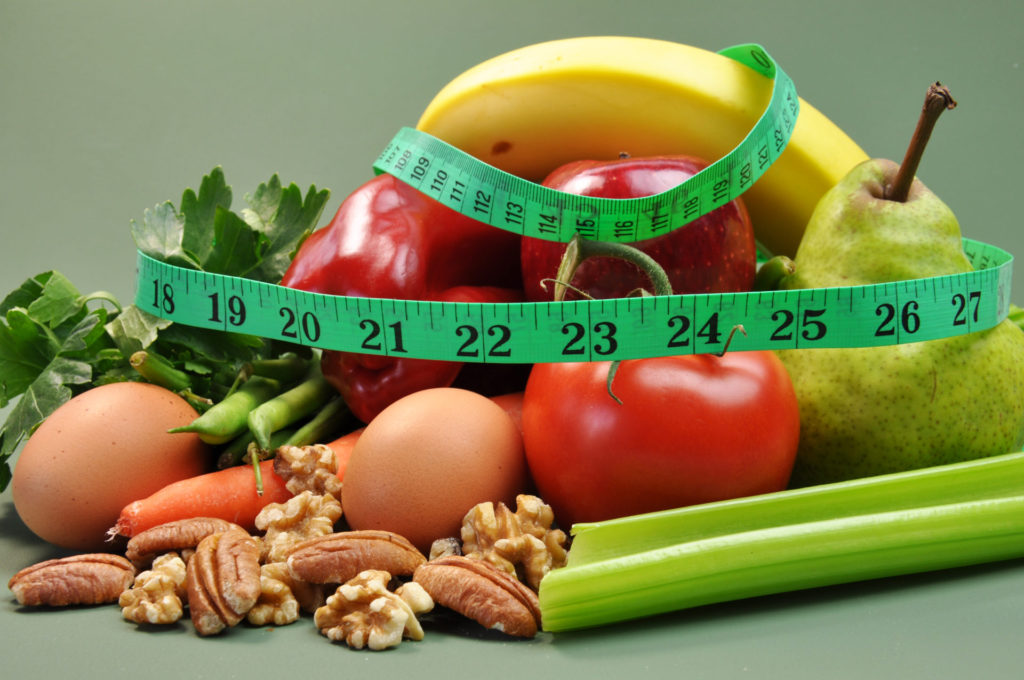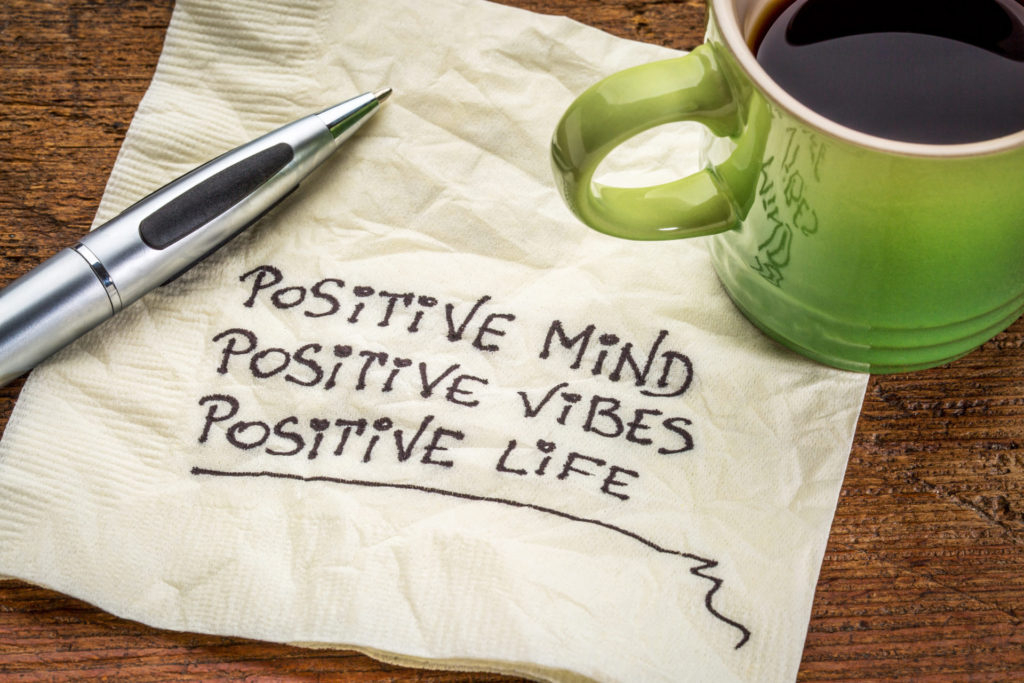
Are you getting muscle cramps, feeling a little anxious, having trouble sleeping or craving chocolate?
You might not be getting enough Magnesium
The question of whether or not to supplement with Magnesium comes up again and again. And as it’s quite abundant in food, it seems unnecessary. But, it’s such a vital nutrient for the body, and mineral content in soil is now so depleted that it’s unclear how much we are actually obtaining from a healthy diet full of fresh, whole foods. Additionally, Magnesium is required in numerous processes in the body, that it gets used up pretty quickly.
So what does Magnesium do?
Magnesium is a foundational macro-mineral that is literally required for thousands of enzyme reactions, and is essential for a healthy metabolism. It is a key co-factor in energy production and is considered to be the ‘anti-stress’ mineral. It is naturally calming and plays an important role in digestion, blood sugar management, cardiac health, relaxing skeletal muscle and much more. It also partners with copper to create cellular energy and manage iron metabolism. To function optimally, magnesium must be balanced with calcium, phosphorus, potassium and sodium chloride.
With all of the body’s demands, magnesium is rapidly depleted, especially during times of stress, and must be replenished daily. Some conditions that cause magnesium deficiency include Coeliac and Crohn’s disease, Type 2 diabetes, alcohol excess and chronic diarrhoea.
Symptoms of Magnesium Deficiency
- Low Energy and fatigue
- Muscle Cramps
- Nausea and vomiting
- Loss of appetite
- Abnormal heart rhythms
- Tingling / Tinnitus
The good news is that Magnesium is present in many foods, so it’s just about making sure that you eat the ones that are high in magnesium. Try to choose organic and local produce, to ensure freshness and to minimise pesticide content.
Foods that are rich in Magnesium
Pumpkin Seeds (1 oz = 150 mg)
Almonds, cashews (1 oz = 70-80 mg)
Green Leafy Veggies – Spinach (1 oz = 78 mg)
Dark Chocolate (1 oz = 64 mg) hooray!
Whole grains – Quinoa (1 oz = 60 mg)
Legumes – Black beans (1 oz = 60mg) / Edamame (1 oz = 50mg)
Yoghurt – plain (8 oz = 42 mg)
So, if your diet is not rich in the foods listed, or you suffer from any gut disorder (limiting absorption), then it is important to supplement with magnesium.
Additionally, it is useful to supplement for a period of time if you experience any of the symptoms associated with magnesium deficiency, as this may support you to feeling better.
Make sure that you supplement with a good quality magnesium, which you may need to pay a bit more to get. There are different forms of magnesium, so choose a Mag citrate or carbonate if you have tingling or muscle cramps. If you want to support good sleep or improve energy, then Mag taurate or glycinate are a better option, taken before bed.
Men require : 400 – 420 mg per day
Women require: 310 – 320 mg per day
As a naturopathic nutritionist, I will always recommend food sources first, and only suggest supplementation to target specific health conditions, or at times of extreme stress.
So, it’s worth keeping some magnesium supplements in your cupboard at home, to use when needed.
Contact Kate if you would like a personalised nutritional therapy consultation at Kate Lee Nutrition.





0 Comments